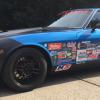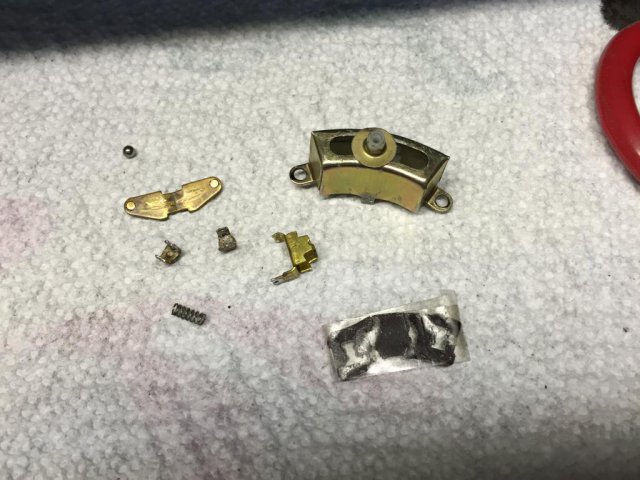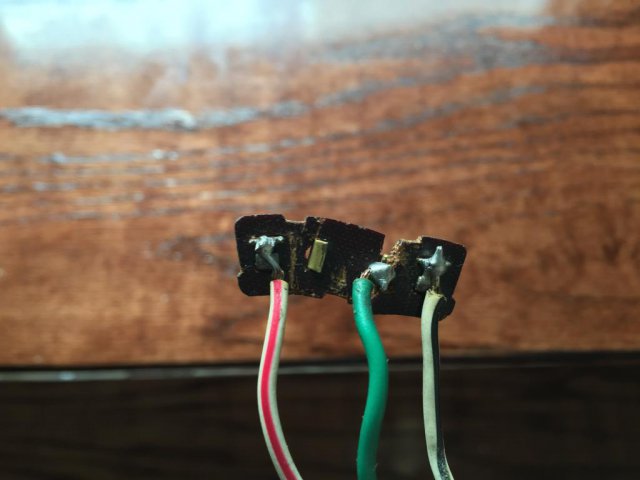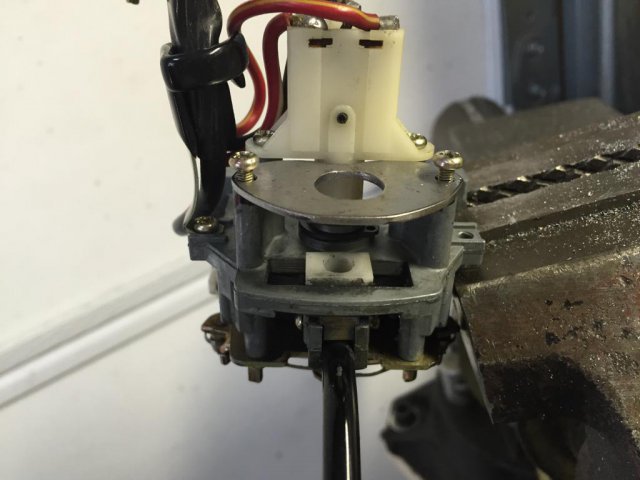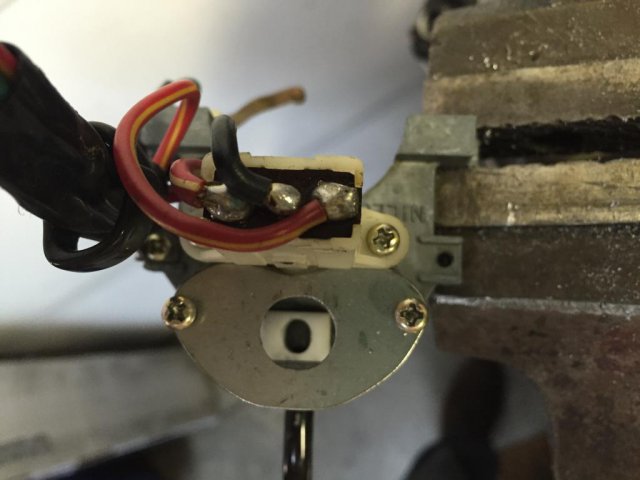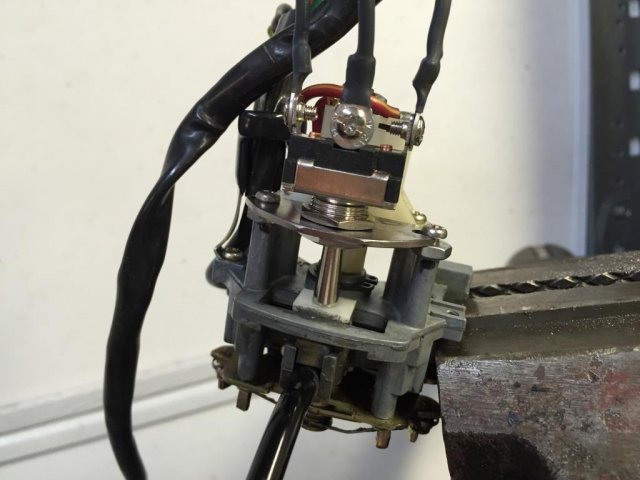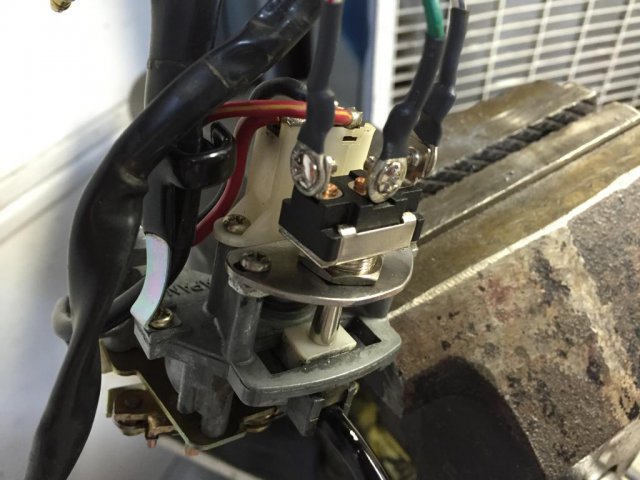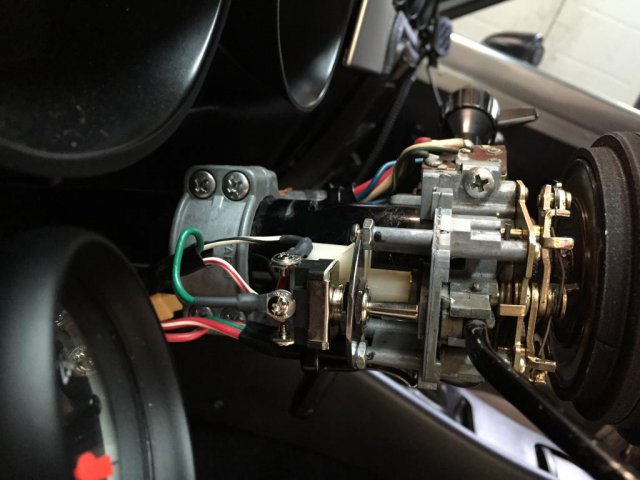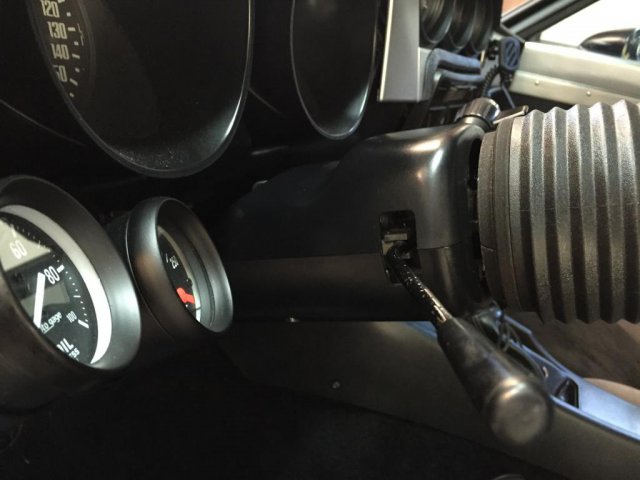Search the Community
Showing results for tags 'indicator'.
-
Got tired of fighting with the turn signal lever to get the blinkers to activate. Worked on the OEM switch so many times that the circuit board finally broke. Here is an awesome repair solution.
- 21 replies
-
- Indicator
- turn signal
-
(and 2 more)
Tagged with:
-
With my seating position, my small-diameter fat-ring steering wheel is blocking my tach view right in the key areas. OK for DD but already at the first autox I had to keep hunching over and was undesireably encumbered. So I'm looking to make a shift light/indicator for my 72 240Z. Still in the concept stages and any suggestions/resources/corrections are greatly appreciated; I've found a surprising lack of any information of this kind. Im aiming at passive electronics, but may consider Arduino. I'm comfortable with either but mostly just would like to figure out how such a shift light indicator would work when fitted to distributor ignitions - ie what that signal looks like coming off the coil, or similarly even just how a tachometer works in that sense. So really the key is confirming that it is a 12V square wave with frequency reflecting that of all spark plugs firing. I have a multimeter but no data collection hardware at my house. I presume its 12V at the positive terminal where the tach connects. I have a 3 ohm coil, no ballast resistor. I have an electronic dizzy but thinking about it as points seems viable and simpler, so my thinking that I'd like to verify (please correct if wrong): voltage builds in coil when the contact is closed then releases into plug when it opens. so i would think there would be 12V at the input terminal when the contactor is closed and goes to zero when it fires - thus spark signal could be considered a falling edge triggered event. Although necessary to make sure I'm thinking correctly, that level of detail isn't really functionally necessary as all we need is frequency of this signal. I could just determine the RPM I would like the light to go off at, then correct to 'revolutions per second' then multiply by 3 (inline 6 = 3 ignitions per revolution) and we have target cutoff frequency to design circuit for. Right? I havent thought through the circuitry too much yet but generally seems like it would just be: high pass filter (tweaked to frequency) --> inverter --> light (?) Arduino may have the advantage of multiple RPM set points without having to reassemble the circuit. Then just use whatever kind of light - maybe even under the windshield vents as a HUD As I said any recommendation / correction / resouce is welcomed. Thanks in advance. Ben
